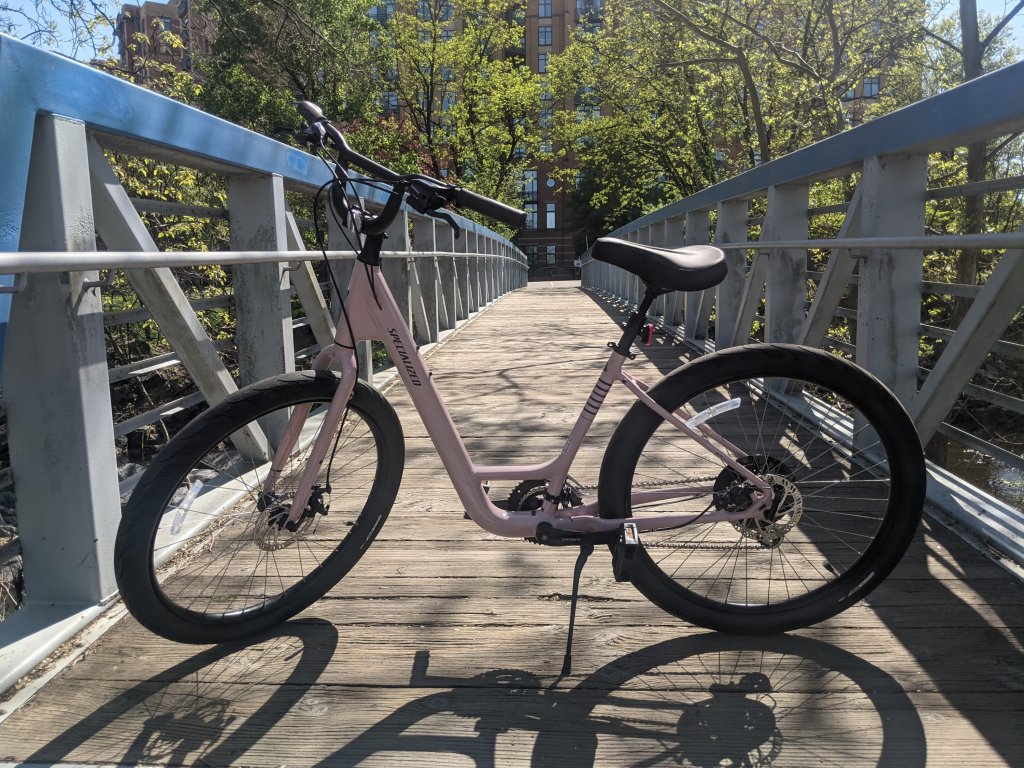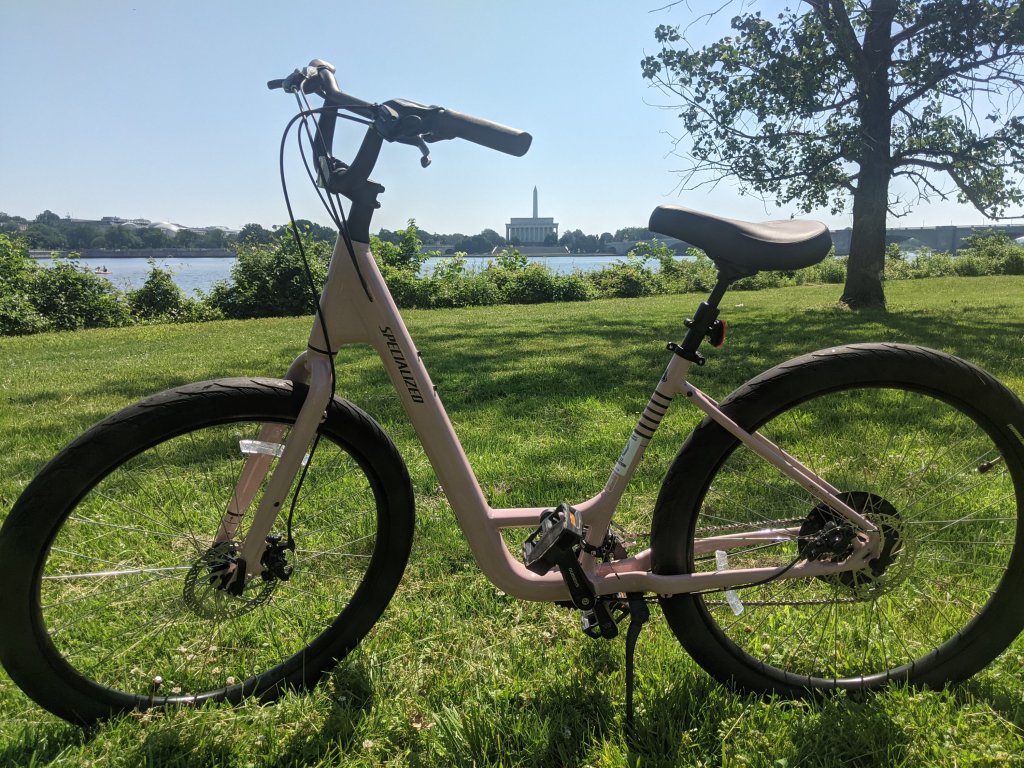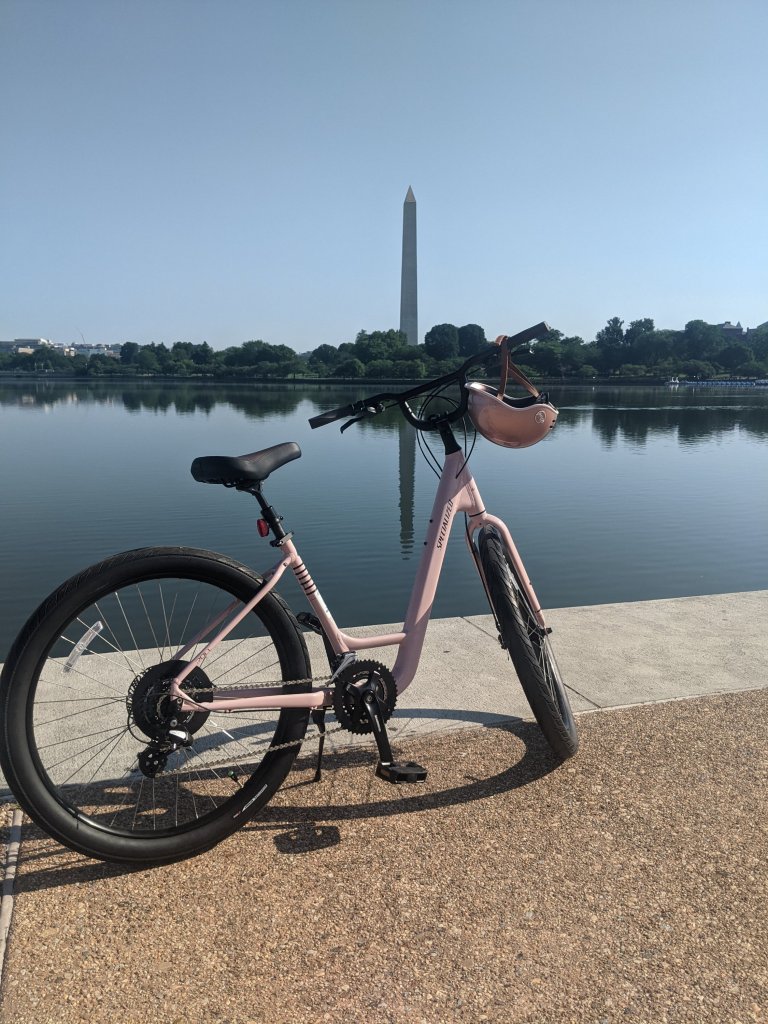Ninety days.
It can be a lifetime.
It can be a moment.
It can be both of these at the same time.
And it can change everything.
In late-August, I got a phone call from the Department of State, asking if I’d be willing to go to a yet-to-be-determined military base in support of our evacuation of Afghan citizens out of the Hamid Karzai International Airport. I said yes, thinking it would be an interesting professional opportunity and a good way to use the crisis management and community building skills I’ve fostered over my years of CLO-ing to support my Department colleagues and the allies who served our mission overseas for the last twenty years. I thought I would pop in, do some good work for a few weeks, and then go home and continue living/working the COVID-era life I had been for the last year.
I was wrong.
Those ninety days forever changed my world.
I am changed by the unforgettable images of our allies getting off planes in rural Wisconsin without shoes, with bruises and burns from fighting their way passed the Taliban and into the Kabul airport, with just the clothes on their backs, bags left behind as people were prioritized over packages.
I am changed by my daily conversations with our Afghan guests, many of whom directly supported our country over the last two decades. These allies fed, protected, and interpreted for our armed forces and then were forced to flee because their service to us put them and their families in danger. I will forever carry their fear and doubt as they look to rebuild lives in a foreign land, a place where they are uncertain of the welcome they will receive, where they don’t speak the language, don’t understand the unwritten rules of day-to-day life, and will be forced to rely on the goodness of others to put together new, and hopefully brighter, futures. Balancing that anxiety and apprehension, I will also carry with me the joy and gratitude of mothers when I told them that not only were their young daughters allowed to go to school, but that attendance was compulsory- that their girls would go to the same math classes, the same English classes, the same PE and music classes as their brothers. Conversations where I explained that America’s public school system would provide an equal education to all of their children, building pathways for both boys and girls to higher education and to skills training, opportunities that would essentially hand the keys of success to this next generation were highlights of my time on base.
I am changed by the stories shared with me over drinks at the base bar. Listening to DoD colleagues tell their stories of their time in Afghanistan, of the redemptive nature of this mission, of how they see Operation Allies Welcome as chance to repay the debts that they personally and the U.S. government as a whole accrued over the last two decades on the ground in Afghanistan. I watched a military colleague reunite with his interpreter and open his home as a place of refuge. I listened to an officer, with shining eyes, talk about how seeing the Afghan kids playing soccer on a military base is healing and creates a way forward for him, as well as for those young people who will be our next teachers and doctors and lawmakers.
I am changed by the strength of dedicated and educated women from Kabul who coalesced into a cohort that met weekly to talk about the needs of the refugees, but also how they could continue their work for underrepresented and vulnerable Afghan populations. I was honored to listen as strong Afghan women pushed visiting U.S. Congresswomen on points of feminism, education, and support for their initiatives, asking them to hold firm against the Taliban. Rather than wanting to talk about the dining facilities and recreational opportunities, the things the Congresswomen came ready to explore, these government, NGO, and educational leaders wanted to be clear that while their gratitude for the American evacuation is immense, they are Afghani and will return as soon as it is safe for the to do so. They will go back. They will rebuild. They will not give up on the country they love.
I am changed by my interagency team members. I learned to trust and rely on my Department of Defense colleagues. I am awed by their ability to quickly leverage resources in a time of crisis and by the deep care and concern they showed on a daily basis for our guests. I also learned to push back when I had a different point of view as those colleagues, or when I had a concern for an individual/group that I felt needed prioritized over base leadership’s set plan. I learned to identify rank on a uniform, but also that a uniform doesn’t mean unchecked authority and that my position, while not worn on my chest, carried a weight of its own. I learned that Red Cross can and will make things happen when they see a need, but also that they are temporary and we have to say goodbye sooner than either side would like. And I learned that DHS is a far-reaching agency that capably took over as lead federal agency and that the Coast Guard brings an impressive skillset to the table.
I am changed by the colleagues who quickly crossed the line into lifelong friends. Together, we celebrated the ups and downs of our personal and professional lives. One passed the Foreign Service oral exam and one received an invitation to the next Foreign Service training course- both huge accomplishments that I was honored to be able to celebrate with them. One found out his wife was expecting their third child. One needed a wedding dress, so five of us loaded into an SUV and headed to Chicago to buy something pretty and white and lacey. (We also threw axes, drank expensive champagne, toured a distillery, shut down two different bars on Halloween eve, ate Argentinian empanadas, legit Japanese ramen, Mexican food truck offerings and cold pizza delivered to the Airbnb at 5AM. And then did cultural penance for the extravaganza of Halloween eve with a visit to a prestigious art museum.) We may have stepped away from our lives for ninety days, but the world kept moving us forward.
I am changed by evenings sitting in a hotel lobby, each of us searching for a way to take our minds off of the powerful but emotionally exhausting work of the day. I’m changed by the conversations over microwave dinners off plastic plates we all bought at Wal-Mart, dressed in leggings and fuzzy sweaters, drinking a variety of increasingly stronger beverages from hotel-provided paper cups. I’m a better person because of long chats on the couch with someone who started as a stranger and ended up more than that. I see the world differently because of hours of sitting on the lobby floor, having my hair braided and unbraided by a colleague as she talked about her dramatic evacuation from her Peace Corps site in the very earliest days of the global COVID lockdown.
I am changed by ninety days of grueling hours, only three days of which I did not work. (See Chicago shenanigans above for two of those days.)
I am changed by the stories of our Afghan guests.
I am changed by the relationships with my State Department and interagency colleagues.
And I am changed by the choices in my own life.
I am changed.











